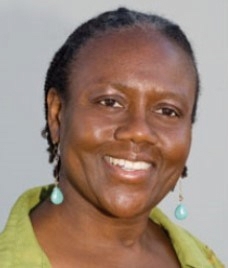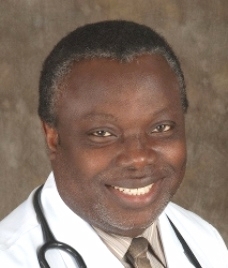LOS ANGELES, CA– Charles R. Drew University of Medicine and Science conducts a great deal of research and engages in significant outreach to help reduce health disparities among communities of color and the socioeconomically disadvantaged. Heart disease/stroke, cancer, diabetes and AIDS prevention remain among the top diseases that affect minority populations, and these communities are disproportionately affected by preventable disease, disability and even death.
Aggressive identification and implementation of new and more effective prevention and intervention strategies is needed, as heart disease and strokes are leading killers across most racial and ethnic communities in the U.S. “We are currently exploring the role of vitamin D in the prevention of heart disease and diabetes, along with a regimen of diet and exercise. We are also exploring video game exercises as a means of heart disease prevention, especially for patients who live in communities where it may not be safe to go outdoors for exercise. High blood pressure is a large contributor to heart disease,” says Dr. David Martins, Assistant Dean for Clinical and Community Affairs at CDU. He encourages a minimum of annual blood pressure checks and more often if not normal. “If it is elevated they should get care immediately. A tablet of aspirin a day reduces your risk of stroke and heart disease,” he added.
HIV/AIDS has a devastating impact on minorities in the U.S., with almost 71 percent of the newly diagnosed cases. Cynthia Davis, Assistant Professor in the Medical Sciences Institute at CDU has been a trail blazer in HIV/AIDS community outreach and mobilization, and has been involved in HIV primary prevention initiatives on a national and local level since 1986, initiating the first pilot demonstration mobile HIV testing program in Los Angeles County in 1991, providing HIV testing, counseling and referral services to over 60,000 community residents.
“HIV/AIDS disproportionately impacts African American women, youth, and men who have sex with men. This disease is 100% preventable, but due to denial, fear, stigma, homophobia, and lack of access to health care, it continues to ravage our community. The CDC recommends everyone aged 14 to 64 obtain an annual HIV test,” says Davis.
Professor Davis is also involved in research examining how factors such as HIV knowledge, alcohol abuse and childhood sexual abuse influence the rates of depression among HIV positive and HIV negative Latinos residing in South Los Angeles. CDU was also a health partner in the KJLH Radio’s Women’s Health Forum on Saturday, April 27.
Charles R. Drew University of Medicine and Science (www.cdrewu.edu), is a private, nonprofit, nonsectarian, medical and health sciences institution in the Watts-Willowbrook area of South Los Angeles, and has graduated over 550 medical doctors, 2,500 postgraduate physicians, 2,000 physician assistants and hundreds of other health professionals. It is the only dually-designated Historically Black Graduate Institution and Hispanic Serving Health Professions School in the U.S., with a mission to provide care with excellence and compassion, and transform the health of underserved communities.
 Westside Story Newspaper – Online The News of The Empire – Sharing the Quest for Excellence
Westside Story Newspaper – Online The News of The Empire – Sharing the Quest for Excellence





